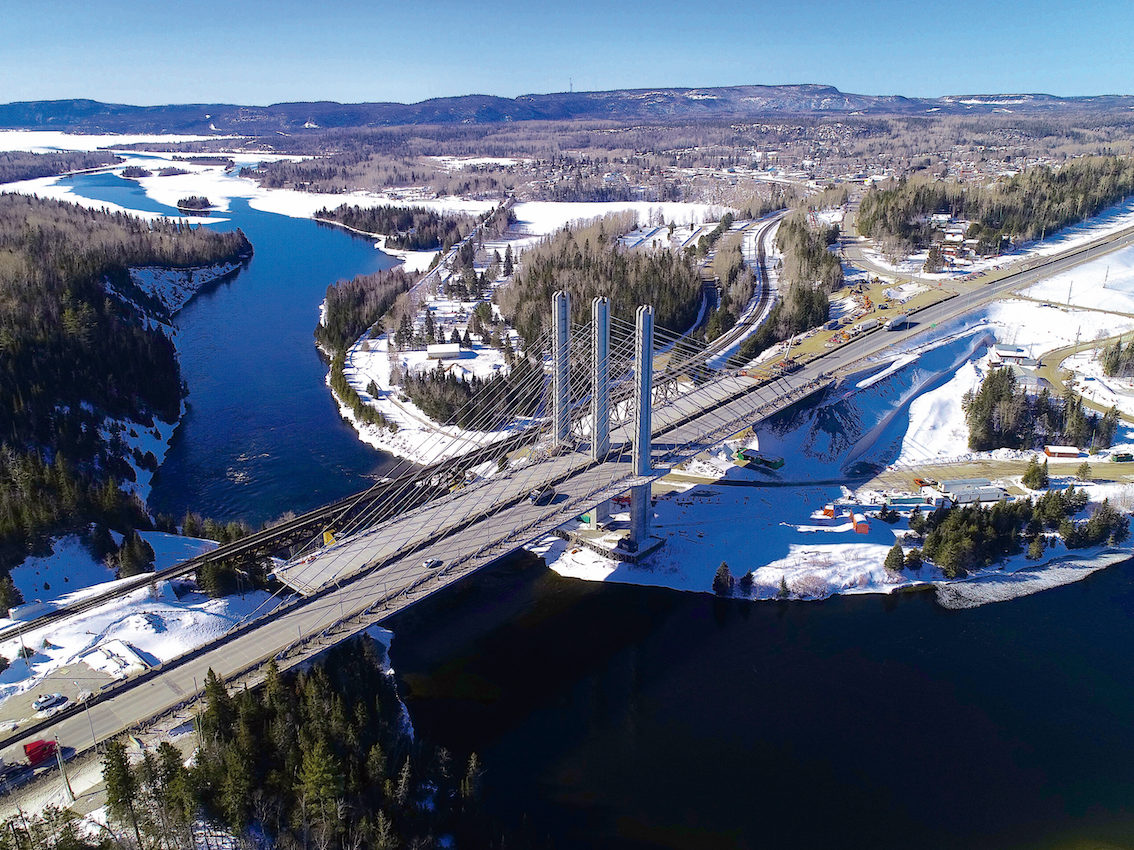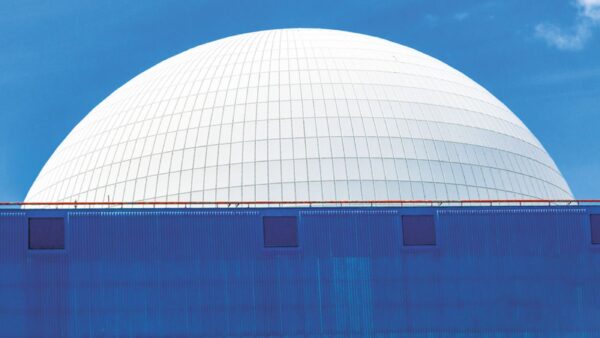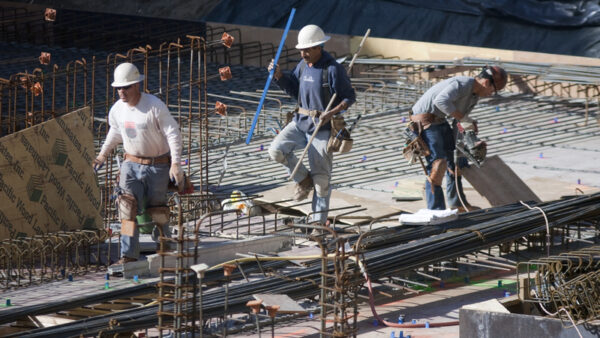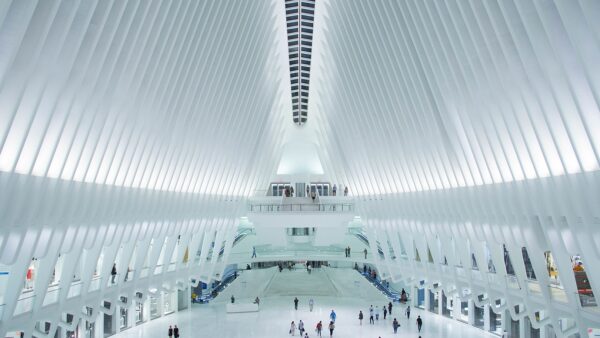
Ferrovial says it has developed a method for assessing the risks severe weather events like snow, floods and drought pose to infrastructure during construction and after.
It worked with the Environmental Hydraulics Institute of the University of Cantabria in Spain to develop the method, called “Adaptare”.
It lets Ferrovial estimate risk levels in the short and longer terms so it can take measures to reduce their impact.
“This new methodology not only represents a step forward in managing the risks and opportunities of climate change, but also gives Ferrovial and its clients a competitive advantage in terms of climate action and the transition to a sustainable economy,” said Valentín Alfaya, the company’s director of sustainability.
The international Coalition for Disaster Resilient Infrastructure estimates that natural disasters cause global losses of up to $845bn a year, equal to 14% of global GDP growth in 2022.
Non-climate related disasters like earthquakes and tsunamis cause about a third of that, it said.
Some 80% of losses occur in critical infrastructure like roads, railways, telecommunications, and power stations, it added, with poor and middle-income countries bearing the brunt.






